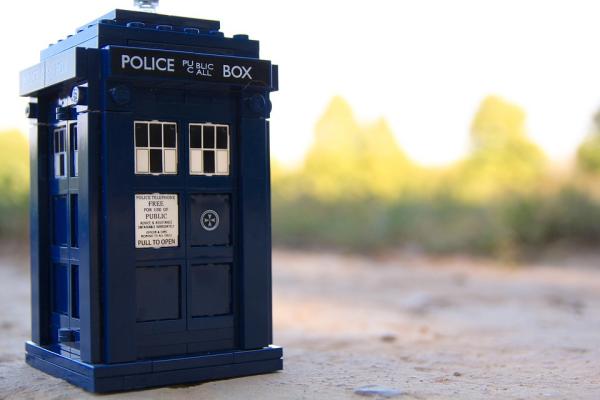
Here at Tartan Datascapes, we love all research but we definitely have a soft spot for humanities research and exploring the many ways that data intersects with topics in the humanities! Earlier this year, I was interviewed by LabArchives, the company behind the research data management & educational platform for researchers, instructors, and students to organize, document, store, protect, share, collaborate, and publish their research and data, on how I use their platform for managing my science fiction research data (check out the interview here). LabArchives is a great example of a research data tool that originated out of STEM environments but can be adapted for a variety of domains, including those under the umbrella of the humanities. In today's installment of Tartan Datascapes, however, I am highlighting protocols.io, another tool licensed by CMU Libraries for campus users, and how to use the platform for documenting humanities research workflows!
So, what is a workflow, and why would you want to make one? A workflow in this context is simply the steps you take to accomplish something in your research, such as data collection, a statistical analysis, or a data visualization. Because I've been burned by my own hubris many times before, I want to share this piece of information with you: if you don't write down what you did while you are doing your research, you are unlikely to remember later on in meaningful detail. This doesn't mean you are a bad researcher! It just means that we all have so much going on, and we don't always remember why we decided to choose a certain analysis, or use a for loop in our script (this is also connected to research documentation, which is incredibly important and will be explored in a future blog post!). It's good practice to write down your research process while you are going through the research rather than writing your documentation at the end of the project, and protocols.io is a very helpful tool for doing that!
If you're a regular reader of the blog, you already know about my research on Doctor Who! For new readers, you can read more about it in a previous Tartan Datascapes post here. Essentially, I am interested in exploring how fans of Doctor Who view the world through a lens of their fandom, and how their affinity of the show impacts their movements across planet Earth. This research involves a lot of different kinds of data, from qualitative data from interview transcripts, quantitative data from surveys, and geospatial data. While LabArchives is a great place for me to manage this data, I really enjoy using protocols.io as a platform for documenting how I perform the data collection process in my research!
As an example for readers, I have published one of my workflows in protocols.io to show how I use the platform to document my steps for collecting focus group data in my research! You can view it here. Another great thing about protocols.io is that I can get a Digital Object Identifier (DOI) for my workflow, which means that its digital presence is protected for the long-term, and other researchers can even cite it! This workflow describes how I developed and led focus groups where I had participants watch an episode of Doctor Who and fill out surveys as well as take part in a discussion to better understand how they perceived different themes in the episode. (As an aside, can I just say how wonderful it was to be able to watch Doctor Who for work? Living the dream.) For this particular study documented in this workflow, I showed participants the episode "Vincent and the Doctor" from series 5, episode 10. It's a real tearjerker, exhibited by the scene below (WARNING: SPOILERS!):
The platform allows me to define specific steps in this data collection process, and list the average amount of time each step of the process takes. I am able to embed images, and identify which parts of the research are "critical" steps (in my case, making sure my participants sign their IRB consent forms if they want to participate!). Because I've documented this workflow in protocols.io, I can provide this workflow to other researchers who are interested in replicating the methodology, and I can also refer to it if I decide to ever run new versions of the focus group! Workflows exist in all disciplines, and can be helpful in research projects, class projects, and even for lesson plans. Are you interested in learning more about how to use this tool for your own workflows? Contact UL-DataServices@andrew.cmu.edu to get started!
